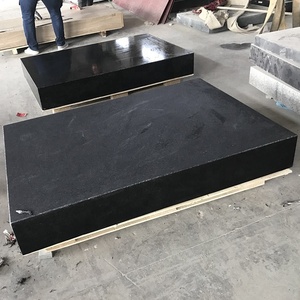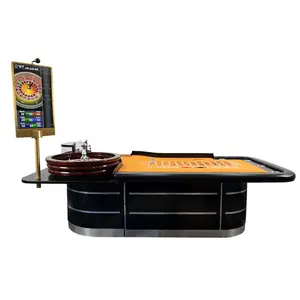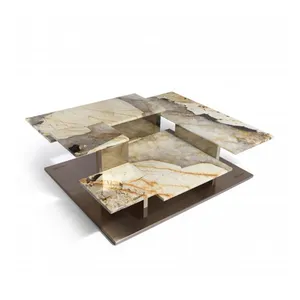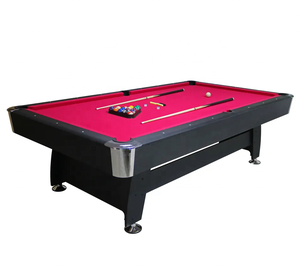A slate pool table is a type of billiard table that features a playing surface made from slate. Slate is a metamorphic material consisting of several minerals, clay, quartz, and sand, which, when combined, results in a solid rock-like substance known for its flat and smooth surface. The use of slate in pool tables is favored because of its durability, stability, and ability to provide a consistent playing surface. In addition, slate is such an ideal playing surface- it can be cut, shaped, polished and customized for different pool tables ranging from 7 foot slate pool tables to 8ft slate pool tables whilst maintaining a smooth surface. Compared to non slate pool tables, which can warp after absorbing moisture or drying out, slate never loses its original properties.
One-piece slate vs three-piece slate pool table
One-piece slate and three-piece slate refer to the number of separate slabs that make up the playing surface of a pool table. Each configuration has its own advantages and considerations. For instance, a one-piece slate provides a continuous surface without any seams or joints. The lack of seams contributes to a stable and level playing surface, which many players argue that it improves performance. Besides that, some players prefer the look of a single, unbroken slab. It is aesthetically appealing.
A 3 piece slate pool table, in contrast, is divided into three sections, making it easier to transport and install. This can be particularly important for homes with limited access. But although it's easier than handling a one-piece slate, installing and leveling three pieces requires skill and precision. If done improperly, the seams may potentially affect the ball's trajectory and performance.
Another thing buyers should consider between these two slate pool tables for sale is price. The price of a one-piece slate table is usually higher compared to a three-piece. This is because moving a one-piece slate can be challenging, often requiring professional movers who charge expensively.
What is the ideal thickness of slate in a slate pool table for sale?
The thickness of slate used in pool tables varies widely, but it typically falls within the range of 0.75 inches (19.05 mm) to 1.25 inches (31.75 mm). The most common thickness for slate in quality pool tables is around 1 inch (25.4 mm). A thicker slate tends to be more stable and less prone to warping over time. However, the specific thickness can depend on factors such as the quality of the slate, the size of the pool table, and the manufacturer's design preferences.
Are there any specific maintenance requirements for slate tables?
Slate pool tables require regular maintenance to ensure optimal performance and longevity. Check the levelness of the table periodically, as the one-piece slate can settle or shift over time. Unevenness in the playing surface can affect the accuracy and consistency of shots. If a player notices any areas that are not level, consult a professional pool table technician to adjust and level the slate. In case of any damage or cracks on the slate surface, it is important to address them promptly. Small cracks or chips can be filled with a specialized epoxy or filler designed for pool table slate. In addition to frequent repairs, slate tables are sensitive to changes in temperature and humidity, which can cause the slate to expand or contract. It is important to maintain a stable climate in the room where the table is located. Avoid placing the table in areas with extreme temperature fluctuations or high humidity levels, as these can warp or damage the slate.










































 浙公网安备 33010002000092号
浙公网安备 33010002000092号 浙B2-20120091-4
浙B2-20120091-4